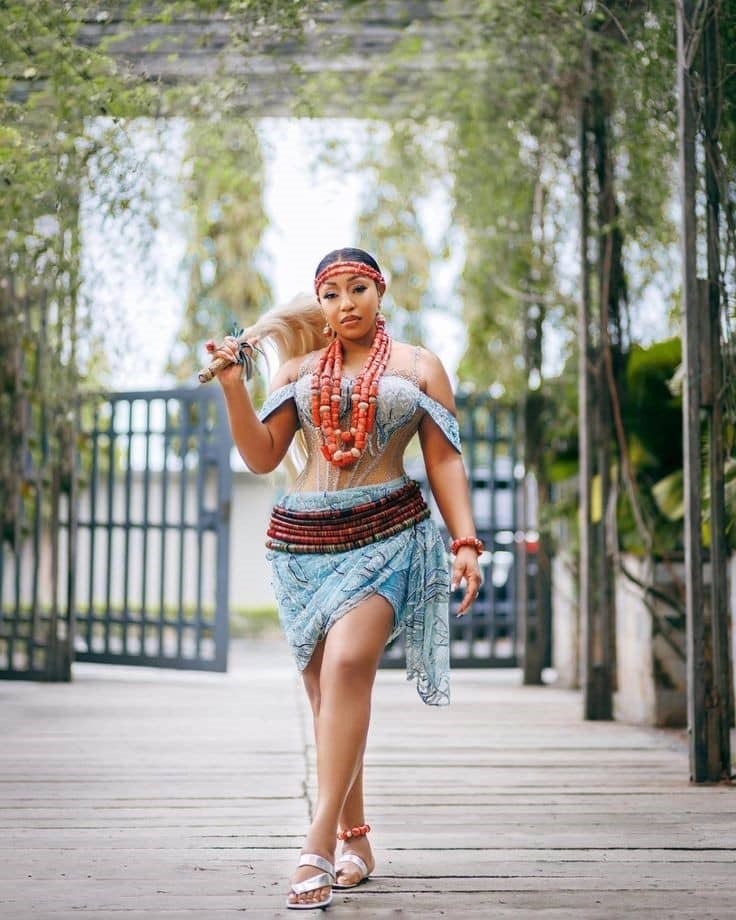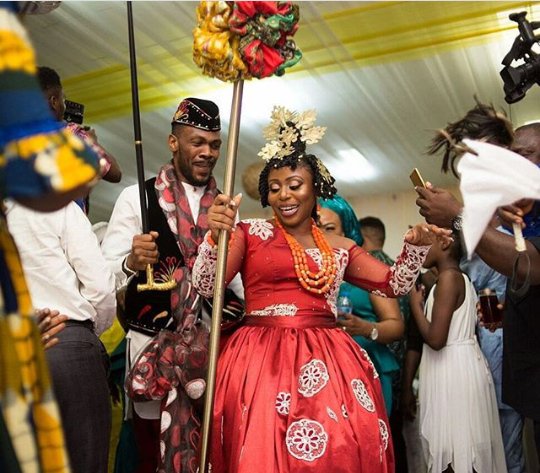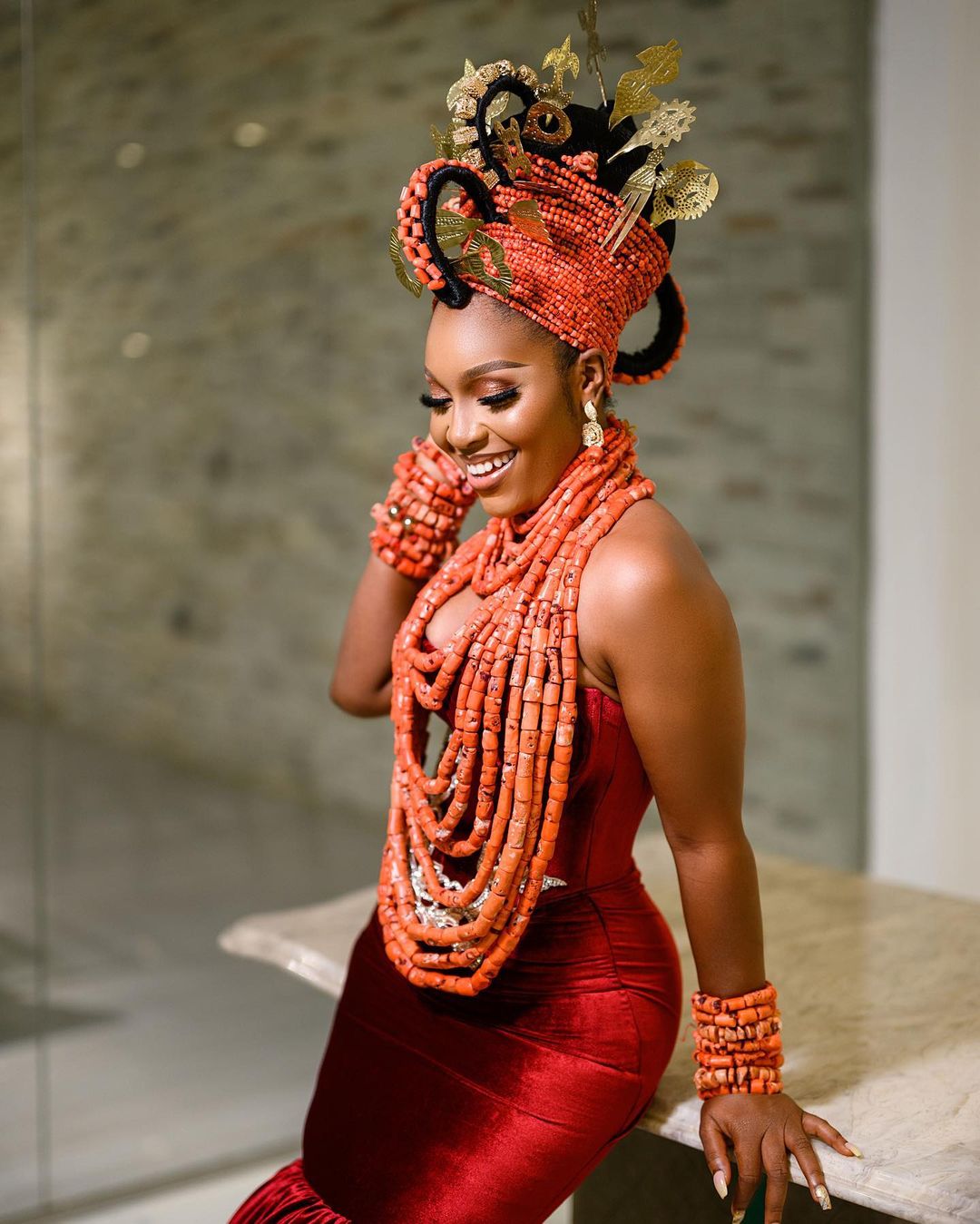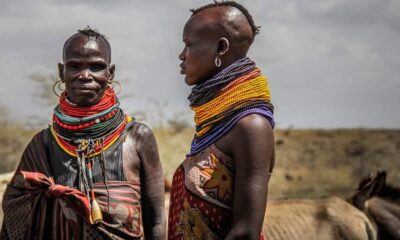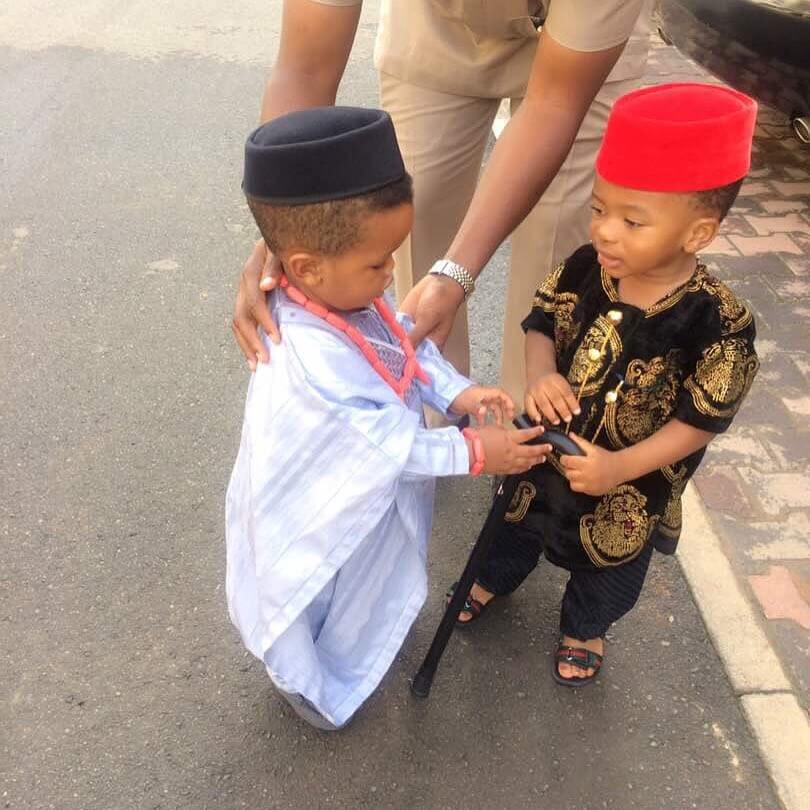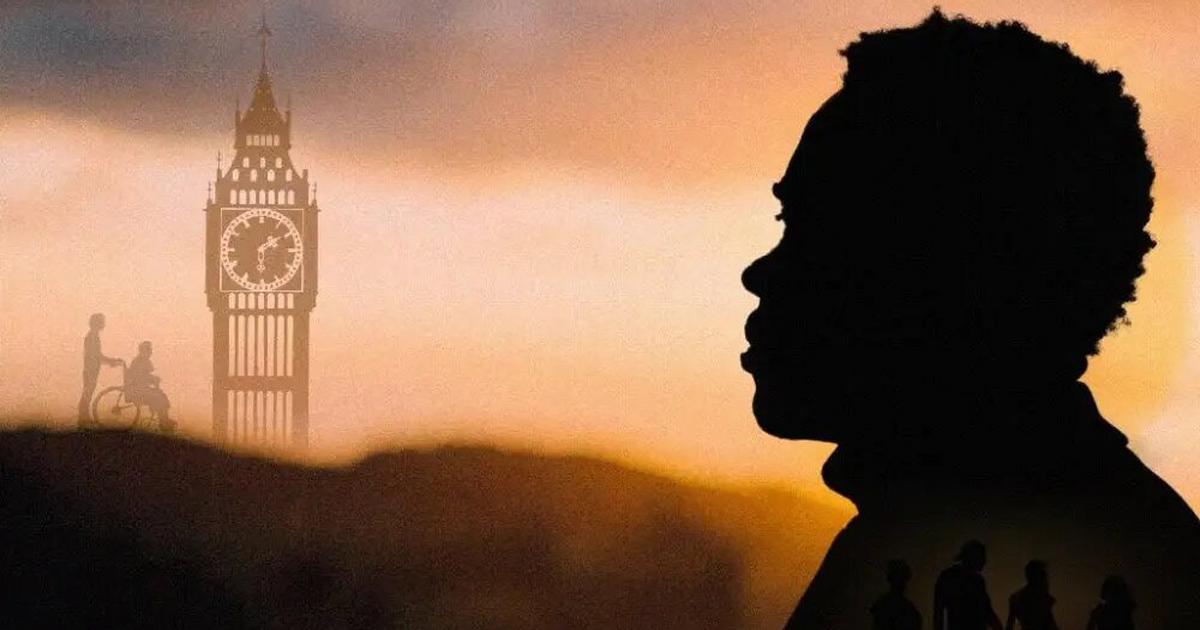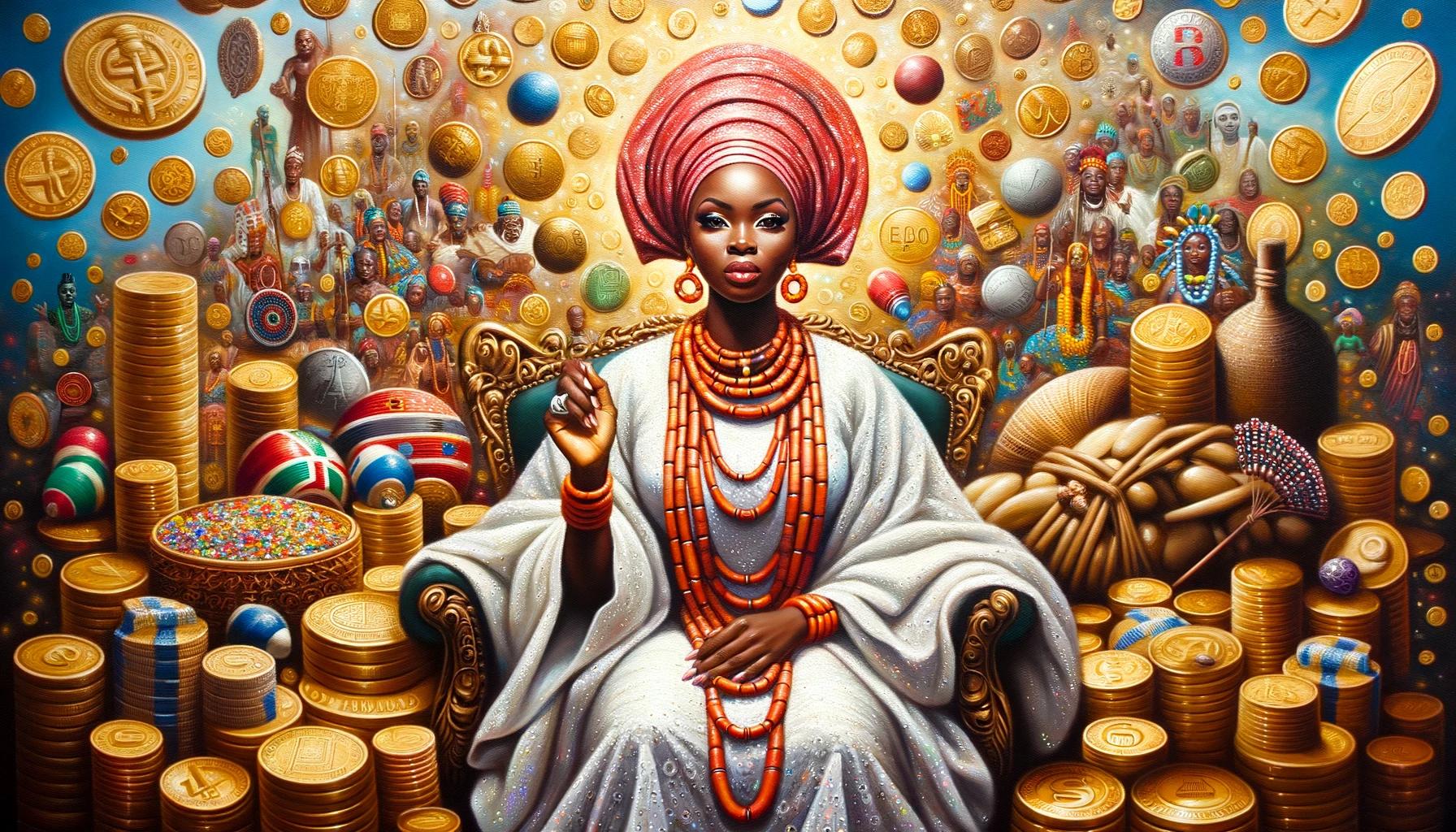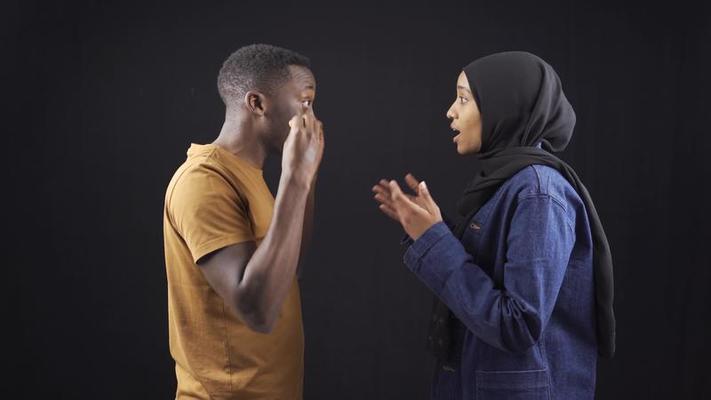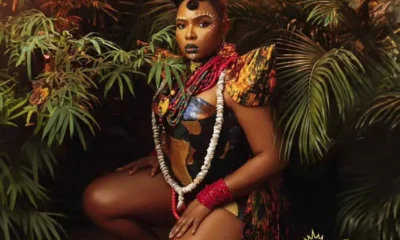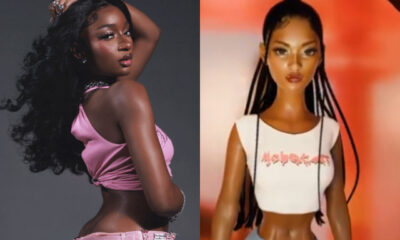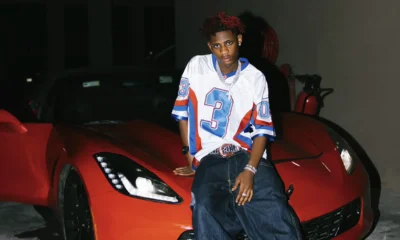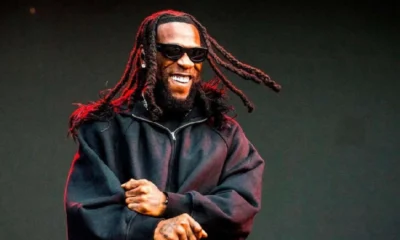Nigerian traditional religions are rich with powerful deities, many of whom are female (goddesses). These goddesses play crucial roles in the spiritual lives of their devotees, answering prayers and providing guidance.
Here, we’ll explore some of the most prominent goddesses in Nigerian traditional religions. Also, we would highlight their domains of influence and how they answer the prayers offered to them.
1. Oshun: The Goddess of Love, Beauty, and Prosperity
Oshun, revered primarily in the Yoruba religion, is a captivating and multifaceted goddess. She embodies beauty, love, sensuality, fertility, and prosperity. Often depicted as a woman adorned with golden jewellery and flowing robes, Oshun is associated with the Niger River, a symbol of life and abundance.
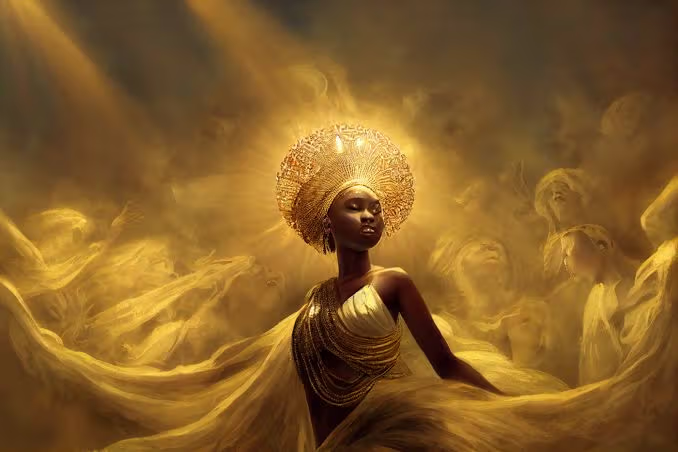
Devotees pray to Oshun for:
- Love and marriage: Singles seeking love and couples desiring a harmonious relationship turn to Oshun. They offer prayers for finding a compatible partner, strengthening existing relationships, and overcoming relationship challenges.
- Fertility and children: Women wishing to conceive often seek Oshun’s blessings. These women pray for a healthy pregnancy, childbirth, and raising happy children.
- Prosperity and wealth: Oshun is believed to bring good fortune and financial success. Entrepreneurs and those seeking financial stability pray to her for blessings in their endeavours.
2. Yemoja: The Powerful Mother of the Waters
Yemoja, another Yoruba goddess, reigns over the oceans, rivers, and all bodies of water. She is a powerful protector, especially for women, children, and those travelling on water. Yemoja is often depicted as a fierce yet nurturing mother figure, dressed in blue and adorned with coral beads.
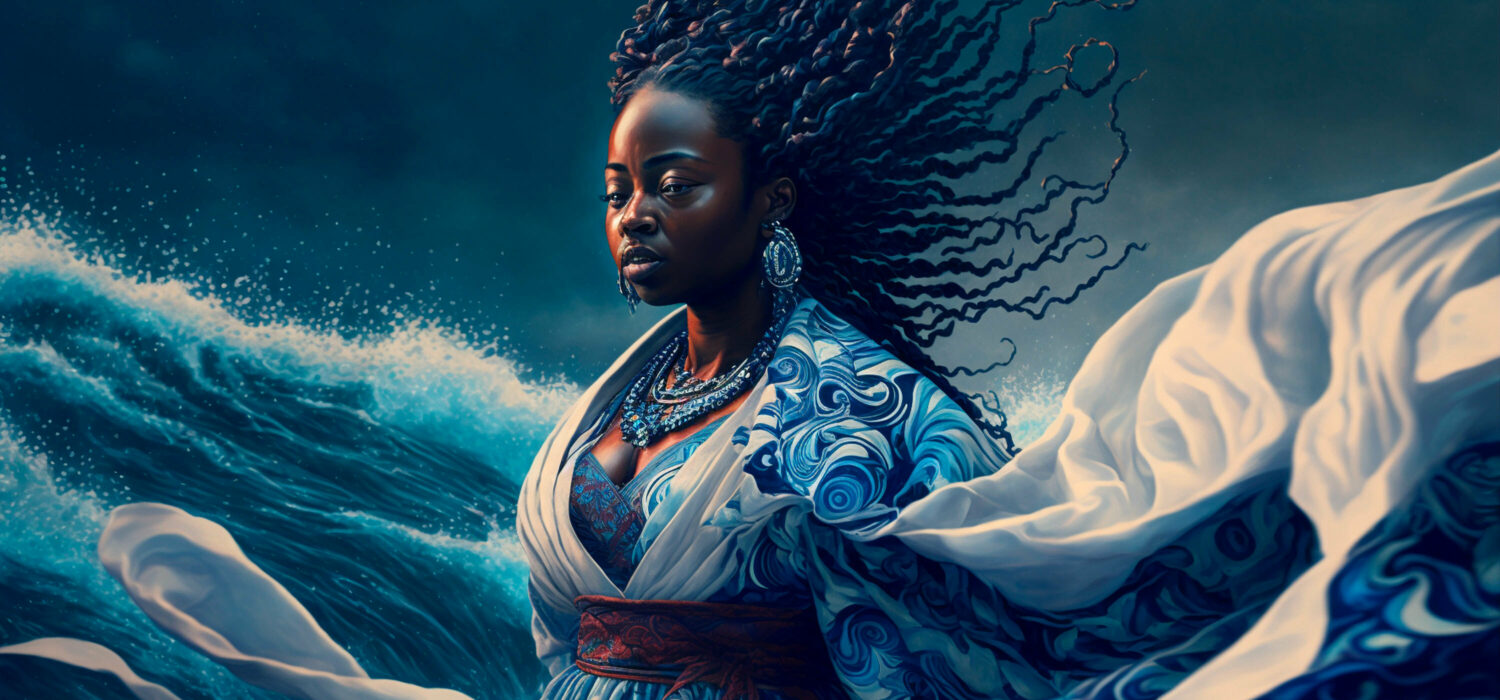
The worshippers pray to Yemoja for:
- Protection and safe travel: Those embarking on journeys, especially by sea, pray to Yemoja for safe passage and a smooth return.
- Healing and wellness: Believers believe Yemoja heals, especially women’s health issues. They offer prayers for recovery from illness, childbirth complications, and emotional well-being.
- Blessings for mothers and children: Mothers pray to Yemoja for the well-being of their children, and women struggling with infertility seek her blessings for conception.
3. Aladura: The Earth Goddess of Abundance
In Igbo cosmology, Aladura represents the powerful earth goddess. The people associate Aladura with fertility, agriculture, and the bounty of the harvest. They also see Aladura as the life-giving force behind nature’s bounty.

Devotees pray to Aladura for:
- Fertile land and abundant harvest: Farmers and those working the land pray for Aladura’s blessings on their crops, ensuring a bountiful harvest and food security.
- Prosperity and wealth: Aladura is also associated with material wealth derived from the land. People in business ventures related to agriculture or natural resources pray to her for success.
- Health and well-being: A healthy, thriving harvest is believed to bring health and well-being to the community. Prayers are offered to Aladura for good health and the overall prosperity of the people.
4. Oya: The Powerful Warrior Queen
Oya, a prominent Yoruba goddess, embodies the forces of wind, storms, and change. She is a fierce warrior queen, often depicted wielding powerful winds and lightning. Despite her fierce nature, the believers associate Oya with fertility, the marketplace, and ancestral spirits.
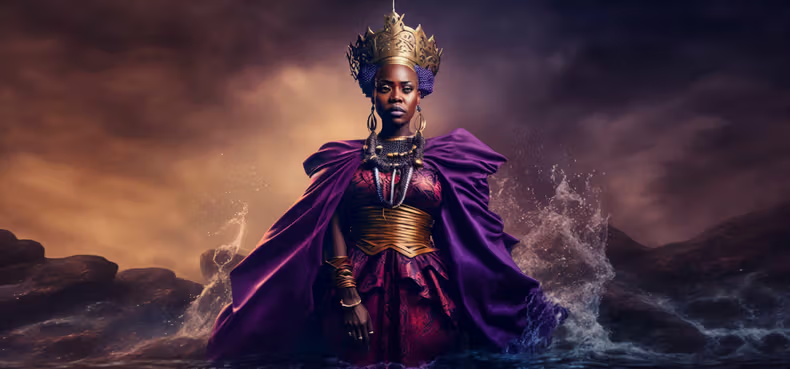
Devotees pray to Oya for:
- Strength and courage: Those facing challenges or needing strength to overcome obstacles pray to Oya for her warrior spirit.
- Transformation and change: Oya represents change and transformation. People facing major life transitions pray for her guidance and support during these times.
- Prosperity in business: As the goddess of the marketplace, its believers believe Oja brings success in business ventures. Entrepreneurs pray to her for a thriving business and protection from rivals.
5. Aje: The Spirit of Wealth and Prosperity
Aje, a pan-Nigerian spirit, represents wealth, prosperity, and good fortune. She is not a single, defined deity but rather a spirit that can manifest in various forms, often associated with crossroads and marketplaces.
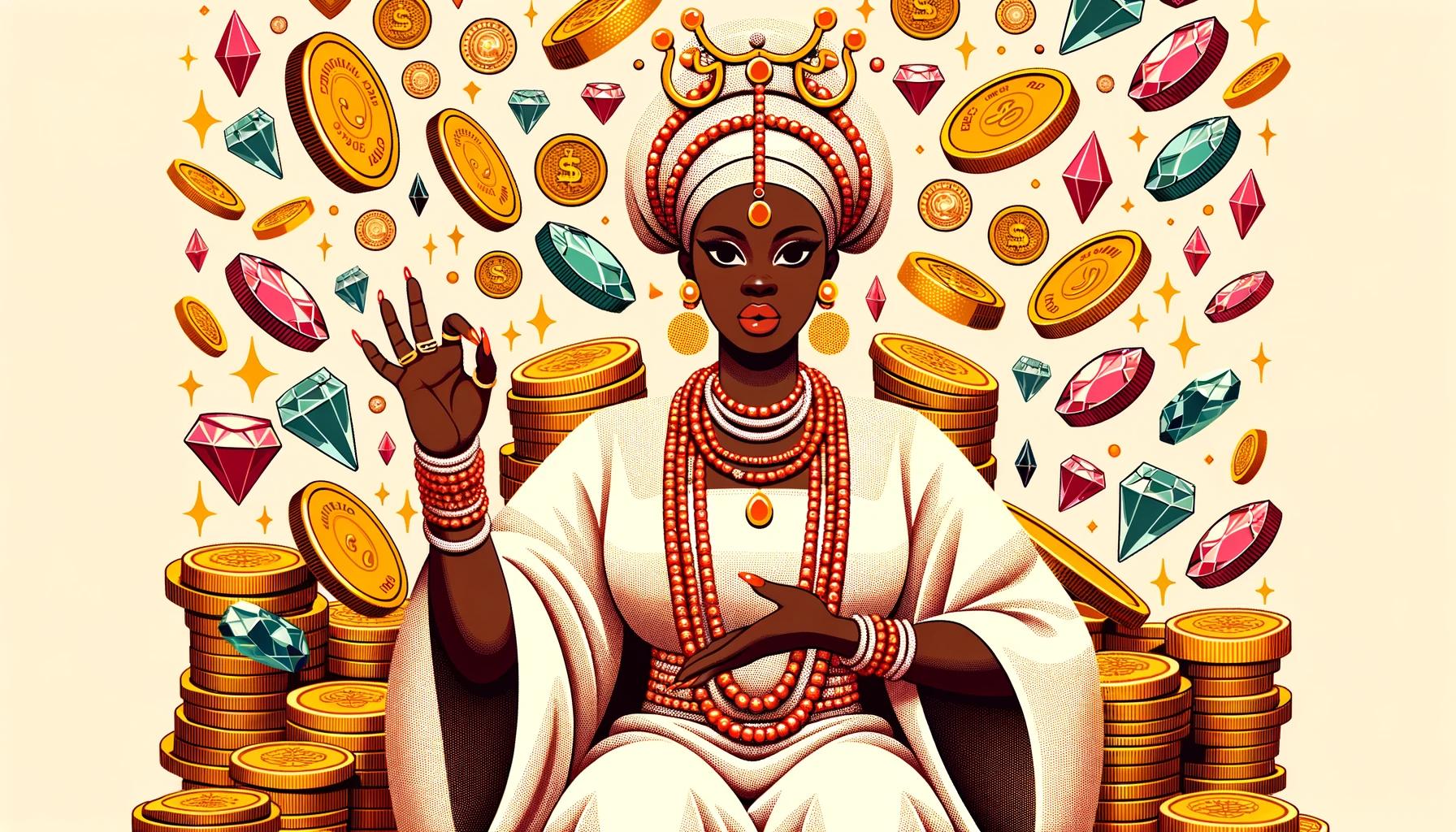
Devotees pray to Aje for:
- Financial success: Those seeking financial stability, increased income, or success in business ventures call upon Aje’s blessings.
- Debt repayment: Facing financial difficulties or struggling with debt? People pray to Aje for assistance in overcoming financial burdens.
For more articles on culture, visit here.
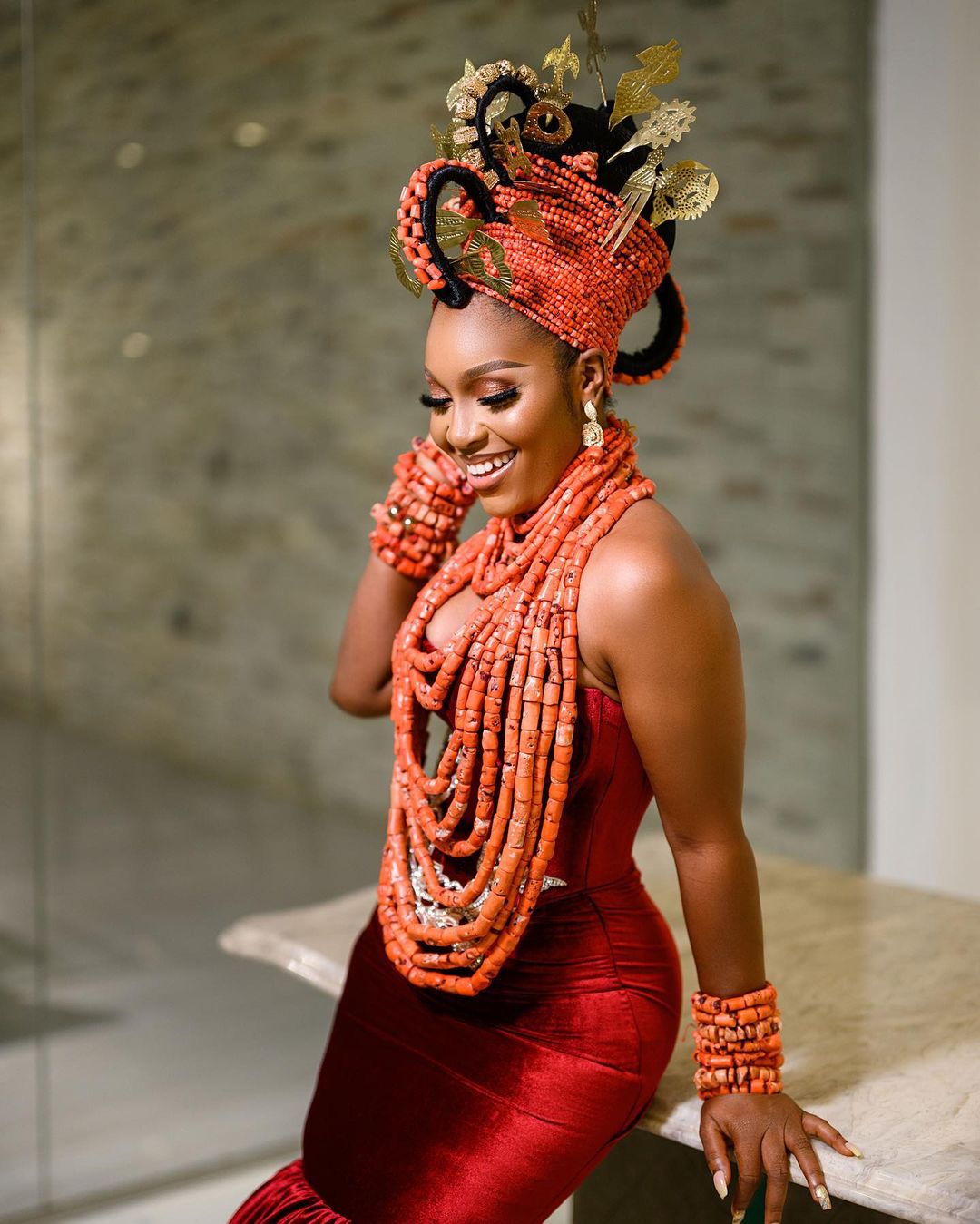
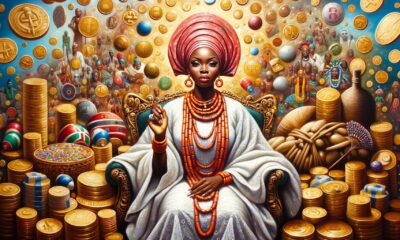
 ARTS & CULTURE6 days ago
ARTS & CULTURE6 days ago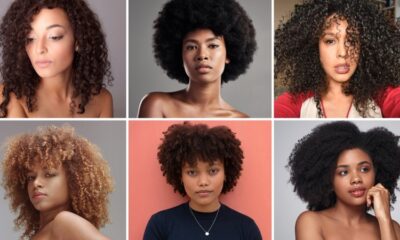
 BEAUTY5 days ago
BEAUTY5 days ago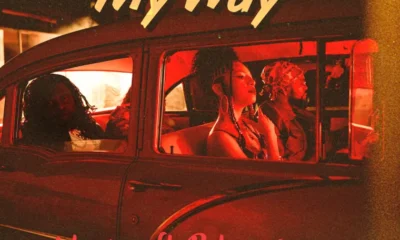
 FAB FRESH4 days ago
FAB FRESH4 days ago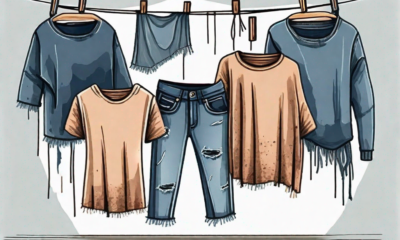
 FASHION7 days ago
FASHION7 days ago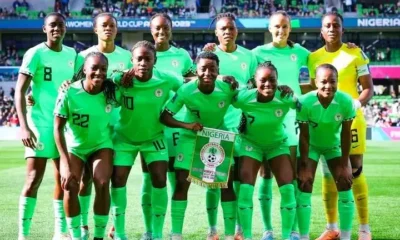
 SPORTS3 days ago
SPORTS3 days ago
 FASHION6 days ago
FASHION6 days ago
 HEALTHY LIVING5 days ago
HEALTHY LIVING5 days ago
 OPINION6 days ago
OPINION6 days ago


